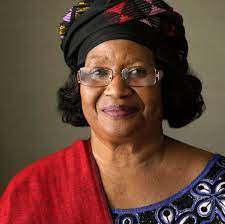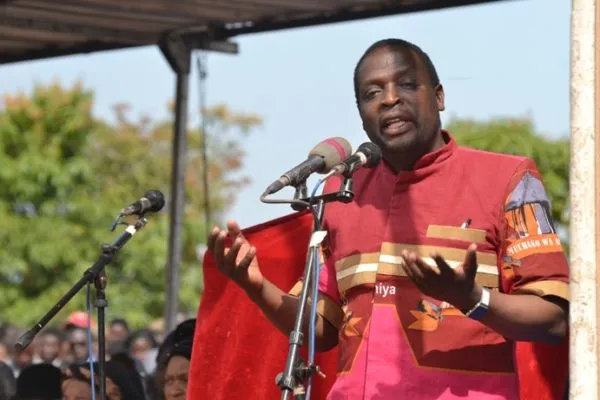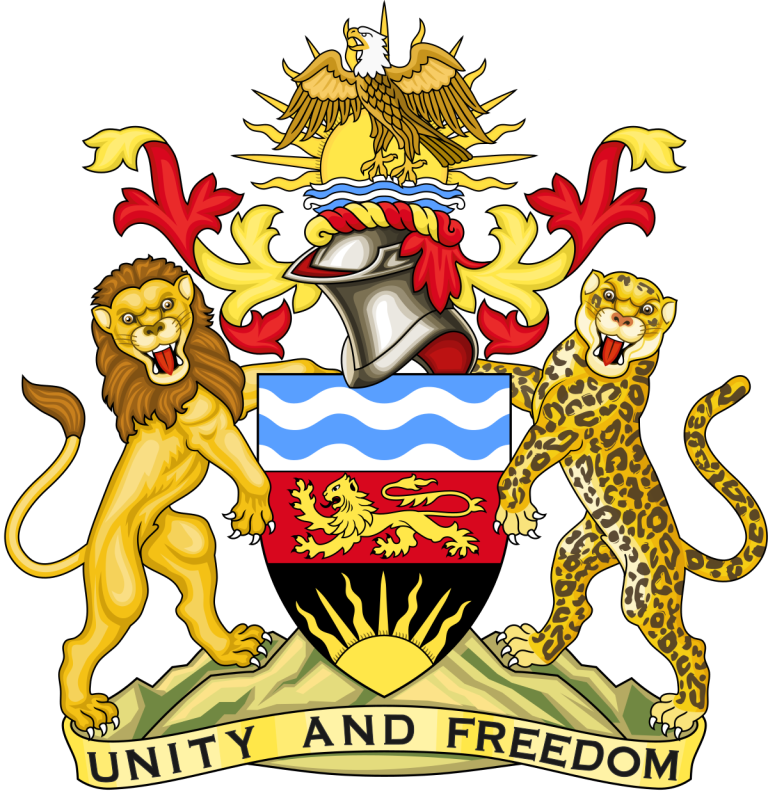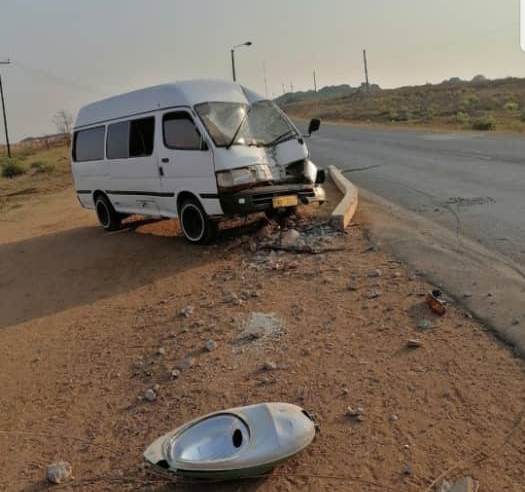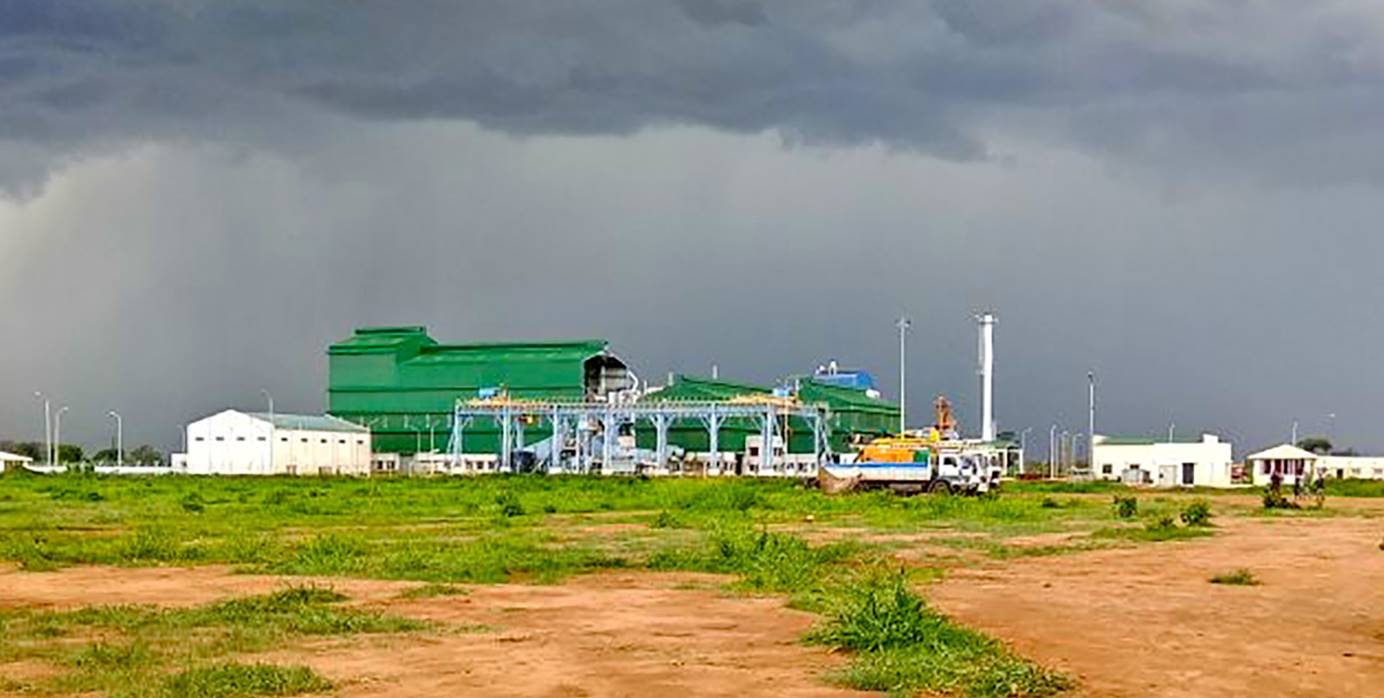BY PIJ REPORTER
The United Arab Emirates (UAE) is proving to be the stumbling block for Malawi’s Anti-Corruption Bureau (ACB) to advance with investigations on former President Joyce Banda’s charity Mudzi Transformation Trust (MTT) over a K3.7 billion ($4.5 million) donation allegedly received from oil companies – on a day government issued oil exploration licenses on Lake Malawi.
The graft-busting body launched the probe in 2017 after it established that United AAEs’ companies had made some payments to MTT.

Between 2012 and 2014, former presidencies of Bingu wa Mutharika and Joyce Banda, awarded six petroleum exploration licences.
The telling one happened eight days before the 2014 elections that booted Banda out of the presidency when her government entered production-sharing agreements with RAK Gas MB 45 – a subsidiary of the United Arab Emirates’ state-owned RAK Gas registered in the secrecy jurisdiction of the Cayman Islands.
The deal was reached before any proven oil discoveries.
Unusual Wire Transfers
According to the records of the Reserve Bank of Malawi, RAK Gas made an unexplained payment of $235,700 (89-million Malawi kwacha) to the Reserve Bank’s account for the government’s mines department before the exploration licences were handed out.
The unusual wire transfer was picked up and queried by independent consultants LBN Strategies of Cologne, Germany, and Lilongwe-based Resources M&E while examining the Reserve Bank’s accounts as part of a scoping exercise for government.
ACB is trying to establish why there was this pre-election payment by RAK Gas to Banda’s MTT, which built or renovated houses for the poor in Malawi.
The ACB was tasked to carry out the probe with request from a range of Malawian civil society organisations and international NGO Oxfam.
At the time the then Banda’s spokesperson, Andekuche Chantunya, told the Mail & Guardian that the donations were part of the company’s corporate social responsibility programme.
The then ACB Director Reyneck Matemba told legal affairs committee of parliament, in May 2018, that they had identified $1 million (about K800 million) to have come from Rak Gas Limited. Matemba said in total, they were investigating about $4.5 million which was allegedly given to MTT.
Current Progress on the Case

Asked about the progress – the new ACB director Martha Chizuma conceded that the bureau has not made progress on this investigation because of security risks to officers.
Chizuma said: “In this case for the bureau to get to the bottom of this matter it needs to interview RakGas a company fully owned by the government of Ras Al Khaimah, United Arab Emirates.
Precedents have it that such tasks are operationally challenging but also a security risk to the officers assigned to carry out of the work”.
Before Chizuma got to her new position – the bureau’s publicist – on two occasions also said the same that the investigation on this matter had not moved an inch because the UAE is a difficult terrain for a foreign agency to do an investigation.
UAE Difficult Jurisdiction
“The UAE is such a difficult jurisdiction to cooperate with investigations. We tried to use our cooperation with other foreign agencies to break through but even they too have problems with the UAE. Investigations in such jurisdictions are done at your own risk.” explained Ndala – giving no hope if the bureau will pursue the matter some more.
But according to Chizuma the case has not been dropped and “investigation remains open” and hopes that at some point they will be able to get to the root of this matter.
A former official from the bureau, who did not want to be named, while agreeing that the UAE is indeed a difficult place for investigation, said the bureau cannot afford to abandon the investigation but find alternatives.
The source said the other way would be to pin-down those who managed MTT and government officials to establish – the relationship between the donation and the issuance of exploration licenses. The source indicated that the manner in which the bureau has handled the case demonstrates cowardice.
“The truth of the matter is that the bureau does not want to shake a foreign government – especially a powerful one like the UAE. But in the interest of justice the bureau ought to have a plan B – write to this government and seek their cooperation, if that does not work surely, they can seek help from other international agencies to help.
“This issue happened in 2013, the more time we get the more complicated it becomes. Evidence is sometimes lost along the way; this is why the bureau should always move with speed” explained the former official who is familiar with the investigation process at the bureau.
Matemba, at the legal affairs meeting, said they had found some interesting connection between the donation and the issuing of licenses.

Said Matemba: “We found that there were intriguing coincidences in the payment made to the trust, on the very same day the licenses were issued to Rak Gas, an amount of $1 million was paid to Mudzi Transformation Trust. To date, there is an accumulated $4.5 million which we are investigating”.
Last year the Human Rights Defenders Coalition {HRDC) wrote the ACB to probe some mining deals including the issuing of oil exploration licenses. The HRDC suspects ‘high-level’ corruption in the manner mining licenses are issued and some of the firms that the HRDC wants the ACB to investigate are from UAE.
A Case of Oil Exploration
The oil discoveries in lakes in Chad, Sudan, Kenya and Uganda, which form part of the East African Rift system, have aroused interest by oil companies to explore for oil and gas in Lake Malawi which is also located within the same Rift system.

Malawi already demarcated six oil exploration blocks which were awarded to different firms with Block 1 held by South Africa’s SacOil Holdings, and UAE based Hamra Oil holds the licence for Block 2 and 3, Rak Gas MB45 for Blocks 4 and 5 while Pacific Oil acquired the licence for Block 6.
A leaked legal opinion from former Attorney General, Kalekeni Kaphale, in 2015, suggested that some of the licences should be revoked.
This was because three of the concessionaires, RAK Gas, Pacific Oil and Hamra oil, were connected by “a thin corporate veil” apparently intended to circumvent the rule that one company could not hold two contiguous blocks.
In an analysis of the contracts published in February 2017, entitled “Malawi’s Troubled Oil Sector: Licences, Contracts and their Implications”, Oxfam objected that “if oil exploration is successful, the agreements could be in place for 30 years covering exploration, extraction, and closure. These agreements give Malawi a raw deal and an incoherent fiscal package”.
When Peter Mutharika defeated Banda in the 2014 elections to become President, Oxfam and its local civil society partners asked him not to endorse oil exploration in Lake Malawi, saying there were many grey areas that needed to be cleared up.
They argued that given the purported irregularities around the initial signing of the contracts, the ongoing ACB investigation, the absence of transparency in the renegotiations being led by the Minister of Agriculture, Irrigation and Water Development, the lack of a clear petroleum policy, an updated Petroleum Act, a completed model contract and comprehensive financial modelling, we are calling on the President not to approve the exploration.
Mutharika did not listen to the pleas and there was nothing the organisations could do since Malawi’s Petroleum (Exploration and Production) Act, passed in 1983, vests all oversight powers in respect of petroleum products in Malawi in the President, although it also empowers the responsible minister to conclude agreements.
Mutharika told the Mining in Malawi newsletter that exploration will go ahead.
“Using the available technology, we will get results similar to those obtained through offshore drilling,” he was quoted as saying.
Failure to conclude Ex-presidents Probes

Apart from Former President Joyce Banda’s initiative probe, the ACB is also investigating immediate past President Peter Mutharika in relation to abuse of his tax pin.
The ACB is also prosecuting former President Bakili Muluzi over some K1.7 billion he received in his personal account from foreign agencies when he was President of Malawi. Muluzi’s case has been going on for the past 16 years.

